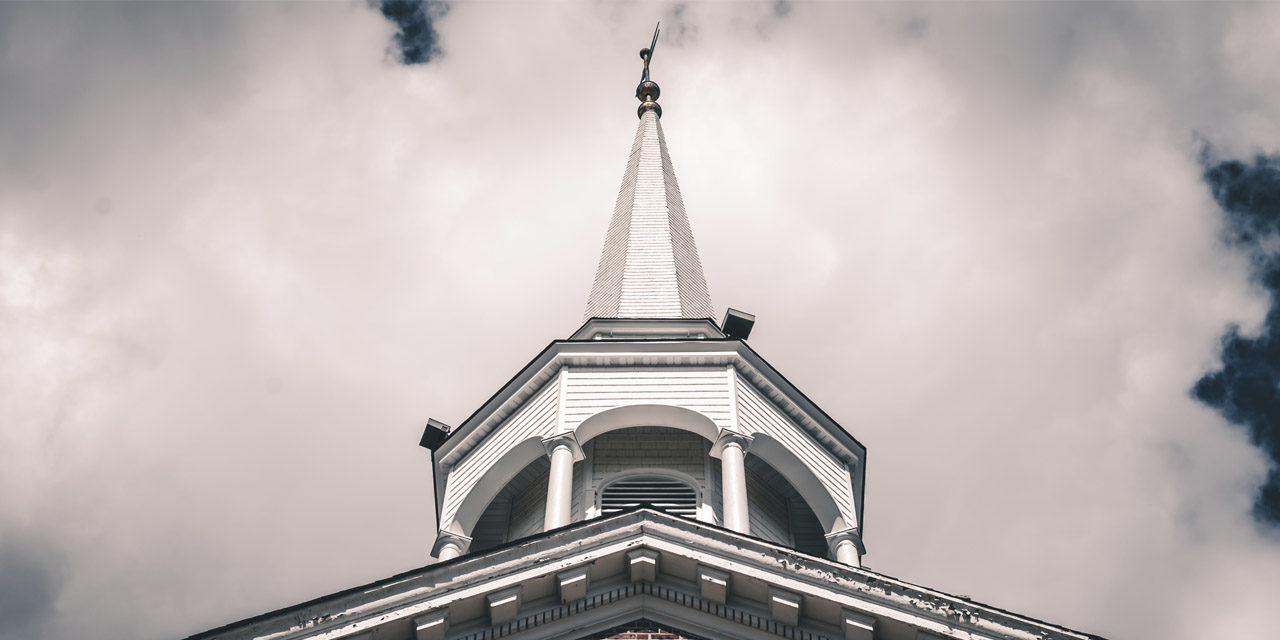In a brief, one-page unsigned order on Tuesday morning, the Supreme Court sided with a Colorado church that is suing Democrat Governor Jared Polis over capacity limits on worship.
The court granted High Plains Harvest Church’s request for relief from Colorado’s worship restrictions and then sent the case back down to the lower courts for reconsideration in light of the Supreme Court’s recent opinion in Roman Catholic Diocese of Brooklyn v. Cuomo.
High Plains Harvest Church argued in its brief to the Supreme Court that Gov. Polis’ public health order limited attendance at houses of worship to just 50 people without regard to building capacity “despite allowing numerous secular businesses to operate without any capacity restrictions.” The church argued that this violates the Free Exercise Clause of the First Amendment to the Constitution.
In responding to High Plains’ brief, Gov. Polis argued to the Supreme Court that Colorado had already removed its capacity limits on churches to get in line with the court’s opinion in Diocese.
“Colorado… amended the challenged Public Health Order to remove capacity limits from all houses of worship at all times in response to this court’s recent decisions,” the brief argued. “All houses of worship remain categorized as critical businesses in Colorado, they now have no more restrictions than any other critical business in the state… As such, High Plains already has the relief it seeks.”
Today’s two-sentence opinion from the Supreme Court’s decision reads as follows:
“The application for injunctive relief, presented to Justice Gorsuch and by him referred to the Court, is treated as a petition for a writ of certiorari before judgment, and the petition is granted. The August 10 order of the United States District Court for the District of Colorado is vacated, and the case is remanded to the United States Court of Appeals for the Tenth Circuit with instructions to remand to the District Court for further consideration in light of Roman
Catholic Diocese of Brooklyn v. Cuomo, 592 U. S. ___ (2020).”
In Brooklyn v. Cuomo, the Supreme Court sided with the Catholic diocese after it sued Democrat New York Governor Andrew Cuomo. The governor had ordered that houses of worship be subject to 10- or 25-person capacity limits depending on whether it was in a COVID “red” or “orange” zone.
Yet, businesses that the state considered “essential,” like acupuncture facilities, camp grounds and chemical manufacturing plants could admit as many people as they desired.
The Supreme Court ruled that this kind of double standard violates the Free Exercise Clause of the First Amendment.
“According to the Governor, it may be unsafe to go to church, but it is always fine to pick up another bottle of wine, shop for a new bike, or spend the afternoon exploring your distal points and meridians,” Justice Gorsuch wrote in his concurring opinion in Diocese. “Who knew public health would so perfectly align with secular convenience?”
The Supreme Court decision to send High Plains’ suit back down for reconsideration in light of Roman Catholic Diocese of Brooklyn v. Cuomo means that the high court believes a similar type of double standard could be at play in this Colorado case.
Justice Kagan wrote a one paragraph dissent that was joined by Justices Breyer and Sotomayor.
“I respectfully dissent because this case is moot,” Justice Kagan wrote. “High Plains Harvest Church has sought to enjoin Colorado’s capacity limits on worship services. But Colorado has lifted all those limits. The State has explained that it took that action in response to this Court’s recent decision in Roman Catholic Diocese of Brooklyn v. Cuomo, 592 U. S. ___ (2020). See Brief in Opposition 15. Absent our issuing different guidance, there is no reason to think Colorado will reverse course—and so no reason to think Harvest Church will again face capacity limits.”
Today’s decision by the high court shows once again how the addition of Justice Amy Coney Barrett has changed the way the court rules on issues of religious liberty, and more specifically government-imposed restrictions on worship.
Prior to Justice Barrett’s confirmation, the Supreme Court had not ruled in favor of a church suing a state over capacity limits in a single case. Now, it has done so four times.
The case is High Plains Harvest Church v. Jared Polis
You can follow this author on Twitter @MettlerZachary
Photo from Shutterstock






